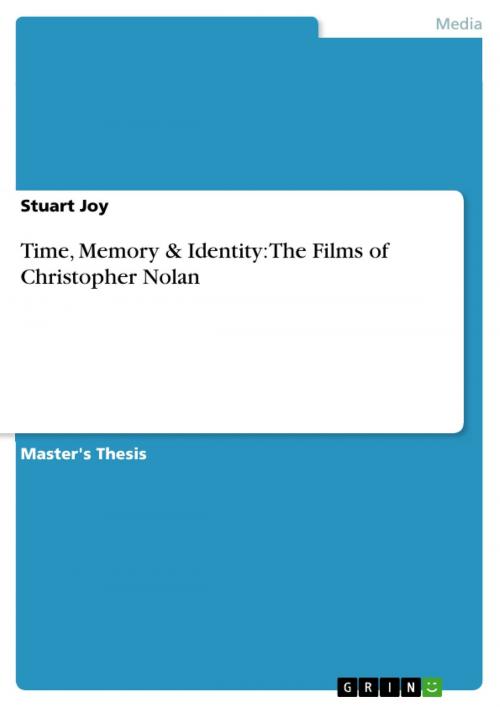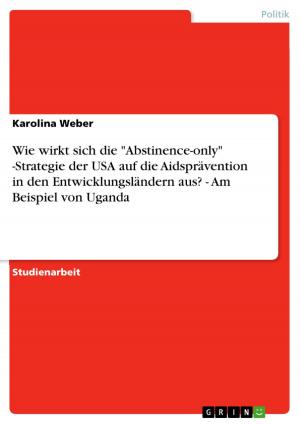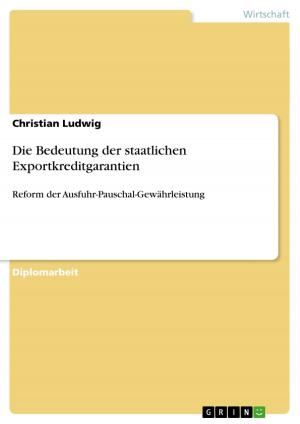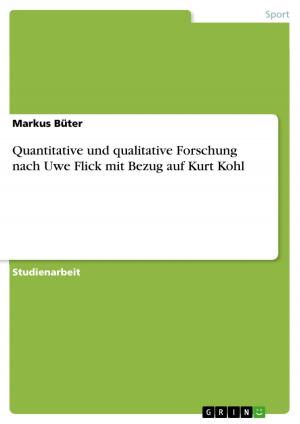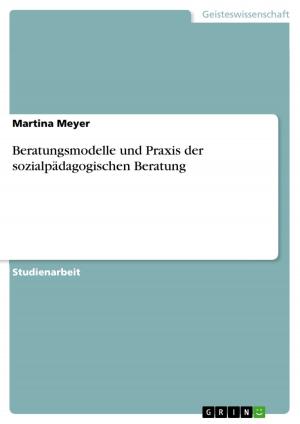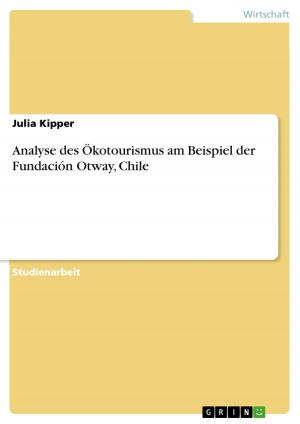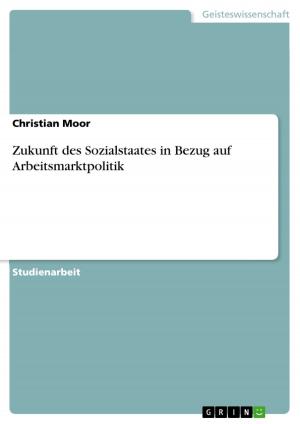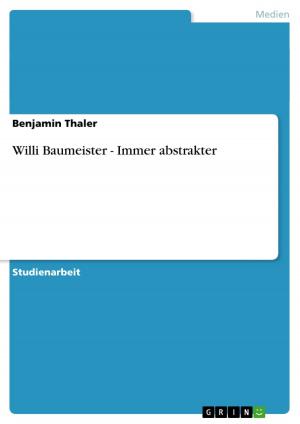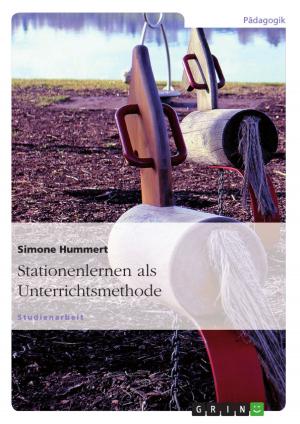Time, Memory & Identity: The Films of Christopher Nolan
Nonfiction, Entertainment, Performing Arts, Film| Author: | Stuart Joy | ISBN: | 9783656317081 |
| Publisher: | GRIN Verlag | Publication: | November 22, 2012 |
| Imprint: | GRIN Verlag | Language: | English |
| Author: | Stuart Joy |
| ISBN: | 9783656317081 |
| Publisher: | GRIN Verlag |
| Publication: | November 22, 2012 |
| Imprint: | GRIN Verlag |
| Language: | English |
Master's Thesis from the year 2009 in the subject Film Science, grade: none, , course: Film Studies, language: English, abstract: In spite of the diversity of Christopher Nolan's body of work, the director's experience of time, memory and identity has perhaps remained an integral part of his filmmaking. From Following (Christopher Nolan, 1998) to The Dark Knight (Christopher Nolan, 2008) his films are debatably rooted in a cinematic experiment to interrogate the construction of time and the malleable nature of memory and identity. It is this examination of time and identity that unites the wide range of Nolan's work. Indeed, in many respects Nolan has arguably sought to develop a filmic language that concretely resembles the abstract structures of memory function and systems of identity. With this in mind, this thesis examines the representations of time, memory and identity in Nolan's films in order to attain an understanding of identity in contemporary cinema and thought. The paper will consider the reflexive strategies and implications behind Nolan's obsession with identity, not only in terms of his body of work but more importantly, in terms of what it can reveal about cinema's own relationship to issues of identity. More specifically, I contend that the insights of scientific, psychological and sociological literature on identity and memory as well as those of contemporary filmmaking are engaged in communicating the complex relationships amongst memory, identity and post-modernity. To pursue this thesis, the text will analyse a number of Nolan's films such as Memento, (Christopher Nolan, 2000) Insomnia, (Christopher Nolan, 2002) and The Prestige (Christopher Nolan, 2006) utilising close textual analysis to inform my arguments where appropriate as well as using substantial theoretical underpinning to justify my assertions.
Master's Thesis from the year 2009 in the subject Film Science, grade: none, , course: Film Studies, language: English, abstract: In spite of the diversity of Christopher Nolan's body of work, the director's experience of time, memory and identity has perhaps remained an integral part of his filmmaking. From Following (Christopher Nolan, 1998) to The Dark Knight (Christopher Nolan, 2008) his films are debatably rooted in a cinematic experiment to interrogate the construction of time and the malleable nature of memory and identity. It is this examination of time and identity that unites the wide range of Nolan's work. Indeed, in many respects Nolan has arguably sought to develop a filmic language that concretely resembles the abstract structures of memory function and systems of identity. With this in mind, this thesis examines the representations of time, memory and identity in Nolan's films in order to attain an understanding of identity in contemporary cinema and thought. The paper will consider the reflexive strategies and implications behind Nolan's obsession with identity, not only in terms of his body of work but more importantly, in terms of what it can reveal about cinema's own relationship to issues of identity. More specifically, I contend that the insights of scientific, psychological and sociological literature on identity and memory as well as those of contemporary filmmaking are engaged in communicating the complex relationships amongst memory, identity and post-modernity. To pursue this thesis, the text will analyse a number of Nolan's films such as Memento, (Christopher Nolan, 2000) Insomnia, (Christopher Nolan, 2002) and The Prestige (Christopher Nolan, 2006) utilising close textual analysis to inform my arguments where appropriate as well as using substantial theoretical underpinning to justify my assertions.
